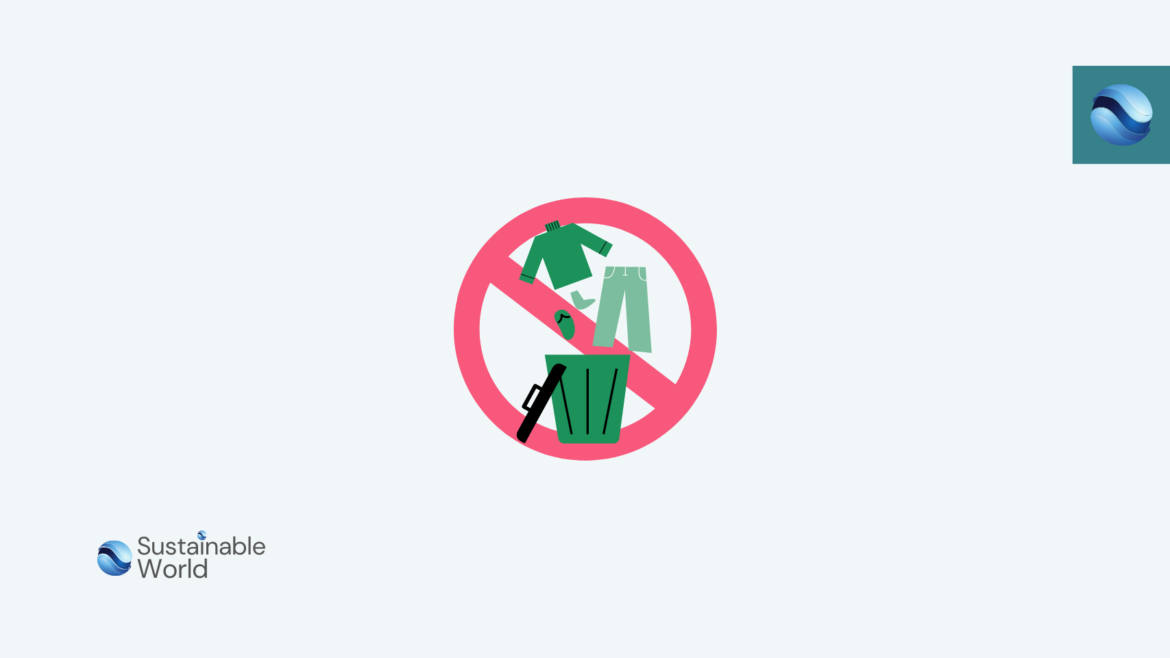The Hidden Cost of Fast Fashion: What You Can Do About It
Fast fashion has taken the world by storm, offering trendy and affordable clothing at a rapid pace. While these garments might seem like a bargain, the true cost extends far beyond the price tag. The environmental, social, and ethical impacts of fast fashion make it one of the most unsustainable industries today. In this article, we explore the hidden costs of fast fashion and offer actionable steps you can take to support a more sustainable future.
The Environmental Impact of Fast Fashion
Fast fashion thrives on quick production cycles, creating clothing at an unprecedented scale. However, this rapid turnover comes at a significant environmental cost, from resource depletion to pollution.
Harmful Chemicals in Textile Production
The production of fast fashion involves the use of toxic chemicals such as dyes, bleaches, and finishes. These chemicals pollute water sources and harm ecosystems, while factory workers often face long-term health risks due to exposure without proper safety measures.
Waste Generation and Landfill Overflow
Fast fashion’s emphasis on disposable clothing leads to staggering waste. Each year, over 15 million tons of textile waste are generated in the U.S. alone, much of which ends up in landfills. Synthetic fabrics like polyester take centuries to decompose, exacerbating environmental damage.
The Social Impact of Fast Fashion
The fast fashion industry also has a devastating social toll, especially on garment workers in developing countries.
Exploitative Labor Practices
In countries such as Bangladesh and India, workers endure long hours, low wages, and unsafe conditions to meet the demands of fast fashion brands. Incidents like the Rana Plaza factory collapse in 2013, which killed over 1,100 workers, underscore the dire consequences of cost-cutting in labor standards.
Lack of Transparency and Accountability
Many fast fashion brands operate without disclosing their supply chain details, making it difficult to trace the origins of their clothing. This lack of transparency shields companies from accountability and hinders efforts to improve worker conditions and ethical practices.
What You Can Do About It
Though the challenges of fast fashion are significant, individual actions can drive meaningful change. By adopting conscious consumption habits, you can contribute to a more sustainable and ethical fashion industry.
Support Ethical and Sustainable Brands
Choose brands that prioritize transparency, use eco-friendly materials, and ensure fair wages for workers. By supporting these companies, you send a clear message that ethical production matters.
Shop Secondhand and Vintage
Reduce waste by purchasing secondhand and vintage clothing. This not only extends the lifespan of garments but also decreases the demand for new production. Thrifting is an eco-friendly and budget-conscious way to explore unique styles.
Educate Yourself and Others
Stay informed about the hidden costs of fast fashion and share your knowledge with friends and family. Conversations about sustainability can inspire others to make more conscious choices and amplify the collective impact.
Support Policy Change
Advocate for legislation that promotes transparency, protects workers’ rights, and holds companies accountable for environmental and social impacts. Engage with policymakers and support organizations working toward a sustainable fashion future.
Conclusion
Fast fashion’s hidden costs are immense, impacting the environment, workers, and society at large. However, through informed choices and meaningful action, we can work toward a more ethical and sustainable fashion industry. Whether it’s supporting ethical brands, shopping secondhand, educating others, or advocating for policy change, every step counts.
Ready to make a difference? Explore how water scarcity intersects with sustainability in the fashion industry and beyond with Thirsty Planet: A Journey Through Water Scarcity and Solutions by Waterwise Innovations.


